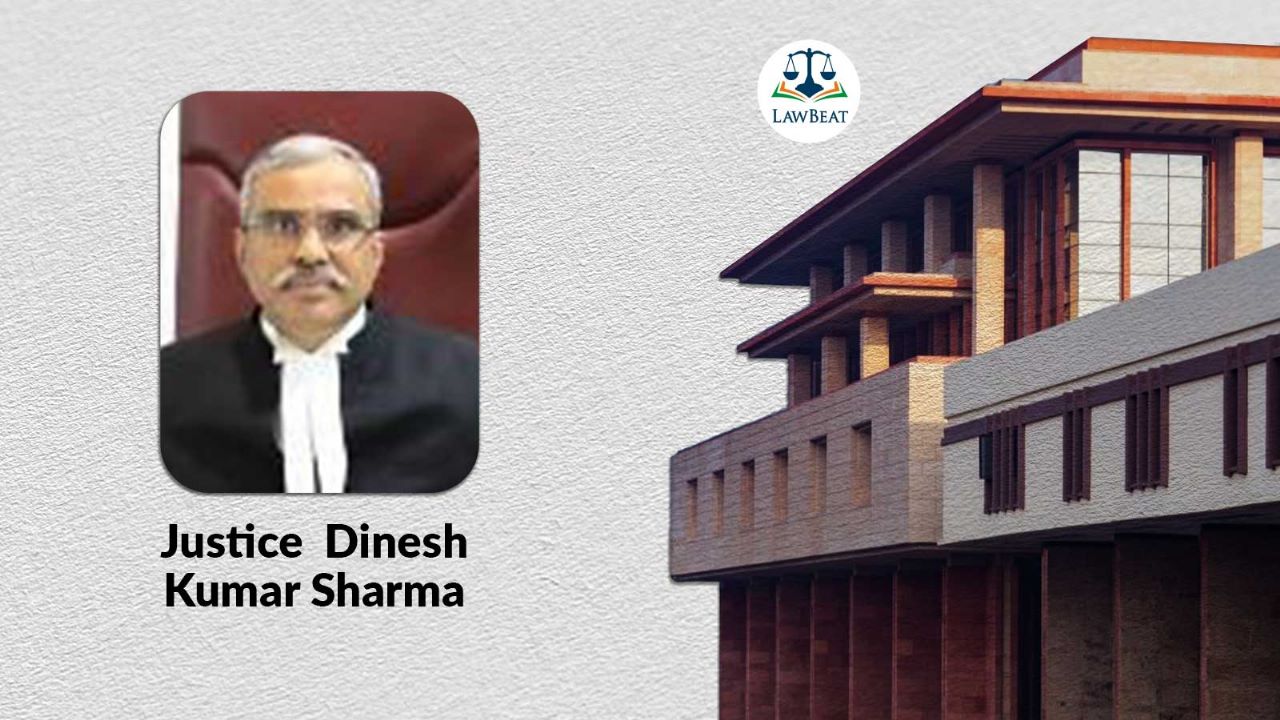A Party Must Be Notified Before Initiating Arbitration: Delhi HC

Court discussed the legislative intent behind arbitration initiation, emphasizing the importance of notifying the other party to potentially settle disputes amicably before resorting to arbitration
The Delhi High Court held that the legislative intent behind the Arbitration and Conciliation Act, 1996 (Act) is to ensure that before initiating proceedings, the other party should be notified. Court further highlighted that in absence of agreement between the parties, arbitration begins when the other party receives a request to refer the dispute.
The bench of Justice Dinesh Kumar Sharma held, “Bare perusal of the provision demonstrates that it only indicates that in absence of any agreement between the parties to the contract, the arbitral proceedings in respect of the particular dispute commences on the date on which a request for dispute to be referred to the arbitration is received by the respondent. Thus, the basic intention of legislature behind is that before initiating the arbitration, the other party should be notified”.
The petitioner company Apex Buildsys Limited was granted a construction project by IRCON through a formal agreement. However, Apex encountered obstacles during execution leading to disputes. Advocate Suhail Sehgal, representing Apex, argued that the appointment process outlined in the contract was invalid. He asserted that any delay in invoking arbitration was unjustified due to the invalidity of the contractual process.
Advocate Chandan Kumar, representing the IRCON, objected to the petition on three primary grounds. Firstly, he argued that the petition should not have been filed and the matter could not be referred to arbitration due to Clause 73.2 of the General Conditions of Contract (GCC), which prohibited arbitration of disputes after 60 days from the notification of failed conciliation. Secondly, he contested that the notice dated April 20, 2024 did not meet the requirements of a notice under Section 21 of the Act. Thirdly, he asserted that since the Apex failed to adhere to the proper procedure, the entire arbitration clause should be invalidated, and the Apex should pursue legal action instead.
The court noted that the jurisdiction for conducting an inquiry during arbitration reference was well-established. Clause 73.4 (a) (ii) of the contract stipulated that the Apex must choose two arbitrators from a panel of three provided by the IRCON's Managing Director. The Managing Director then appointed one from the chosen two and also appointed the remaining two arbitrators, designating the presiding arbitrator. This procedure, however, gives the IRCON the power to appoint 2/3rd of the panel, including the presiding arbitrator, thus violating principles of "counter-balancing" and neutrality, court held.
The bench acknowledged that limitation is a mixed question of law and fact, best left for adjudication by the arbitrator. It determined that the contention regarding the delay could be addressed before the arbitrator.
Additionally, court discussed the legislative intent behind arbitration initiation, emphasizing the importance of notifying the other party to potentially settle disputes amicably before resorting to arbitration.
The bench observed the progression of conciliation proceedings, indicating that they concluded, thereby implying that the IRCON was aware of the dispute. The bench emphasized a pragmatic approach, stating that the notice dated April 20, 2021, clearly signified the Apex's intention to initiate arbitration. The IRCON's argument that failure to follow procedure renders the entire arbitration clause redundant was rejected. The bench referred to the Supreme Court judgment in the case of Perkins Eastman Architects DPC v. HSCC (India) Ltd [(2020) 20 SCC 760], and reiterated that if a procedure outlined in the agreement violates settled law, only that specific procedure is void, not the entire arbitration clause.
Therefore, the bench allowed the petition and appointed Justice Swatanter Kumar, former judge of the Supreme Court as sole Arbitrator.
Case Title: M/S Apex Buildsys Limited v IRCON International Limited (2024:DHC:2113)
